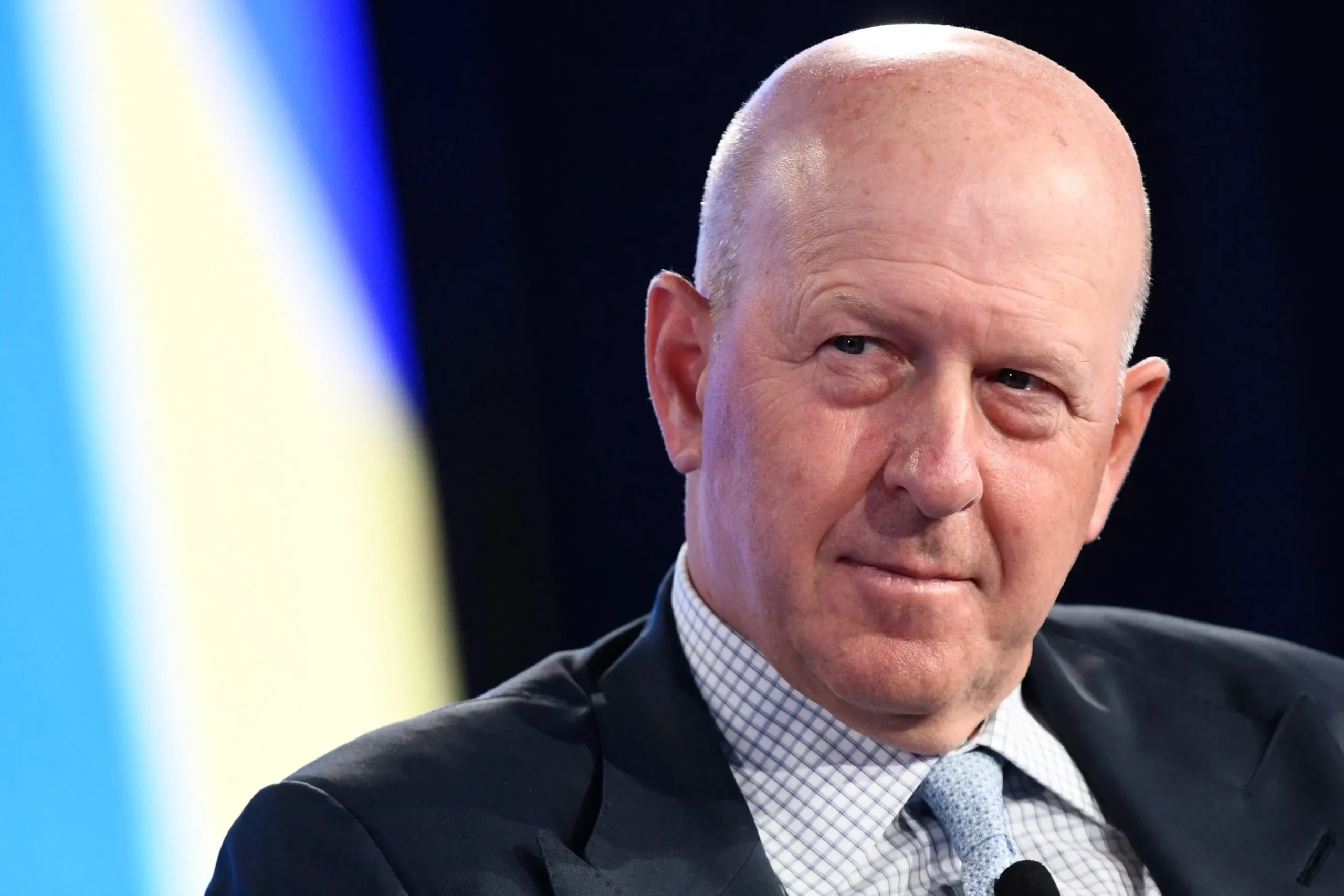
Finance
At a time when technology and workplace culture are redefining the financial industry, Goldman Sachs CEO David Solomon offered a candid look into how one of Wall Street’s most powerful institutions is navigating change. Speaking with David Rubenstein at The Economic Club of Washington, D.C., Solomon discussed everything from artificial intelligence (AI) and the return-to-office (RTO) debate to digital assets, central bank policy, and workplace inclusion.
His remarks revealed a pragmatic approach to innovation: one that embraces technology without losing sight of people, culture, and long-term value.
Solomon dismissed fears that AI will eliminate vast numbers of jobs, instead framing it as a catalyst for efficiency and growth. “It means we have an opportunity to have more valuable people doing more valuable things,” he said.
Goldman, he noted, is already more productive per employee than ever before — a trend he expects to continue as automation reshapes credit, investment, and digital banking operations. The focus, he said, should be on reimagining processes, not shrinking headcount. For the banking industry, that means AI could enhance both customer experience and strategic decision-making, especially in loans, deposits, and mortgage management.
On the return-to-office debate, Solomon was characteristically direct: “We don’t have a policy. We work.”
Goldman’s culture, he said, depends on teamwork, collaboration, and apprenticeship — all of which are difficult to replicate over Zoom. However, he acknowledged the need for flexibility, especially for employees balancing complex personal and professional lives.
Younger staff, he observed, want to learn from senior mentors in person. “We have to create an environment where people are spending time with people,” Solomon said, reaffirming that presence and accountability remain central to Goldman’s identity.
Solomon also reflected on the intense hours and expectations typical of investment banking. Over the past decade, Goldman has implemented guardrails to encourage healthier work-life balance — an important cultural shift for a sector often criticized for burnout.
The CEO pointed to progress in gender representation, noting that women now make up roughly 41% of the workforce, though “not enough” are in senior roles. Building a sustainable, inclusive culture, he said, requires consistency and patience: “It’s a long road to the top of the funnel.”
Looking ahead, Solomon sees promise in blockchain and tokenization. “It’s coming at a very quick pace,” he said, describing digital assets as tools that can increase speed, reduce friction, and strengthen financial infrastructure. While he acknowledged that much of today’s AI investment may not yield returns, he remains confident that technology-driven transformation will define the next decade of global banking.
David Solomon’s comments underscore a key shift in modern banking: technology is not replacing people—it’s redefining their value. As AI, digital assets, and flexible work reshape the financial landscape, banks that combine innovation with human insight will be best positioned to thrive in the next phase of global finance.
 Previous Post
Previous Post
SKN | Migros Bank Appoints Head of Customer Relations & Experience
 Next Post
Next Post
SKN | AI Adoption Promises 20% Cost Savings as Banks Race Toward Digital Transformation

February 24, 2026

February 24, 2026

February 24, 2026

February 24, 2026